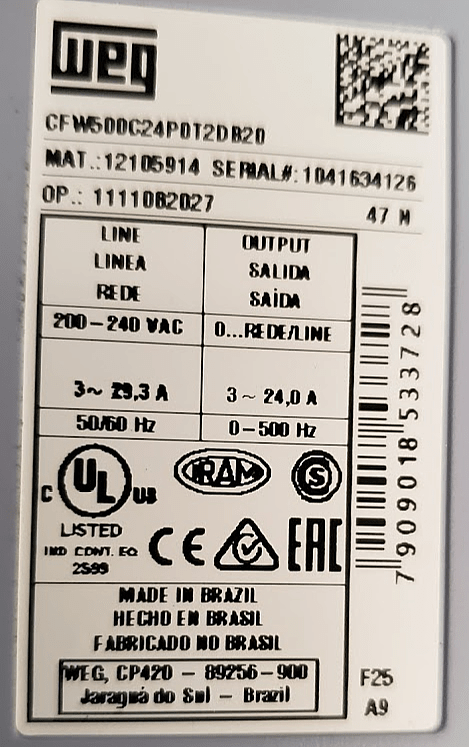mango1337
Chemical
- Sep 30, 2019
- 3
I have a batch mix tank where the fluid undergoes a rheopectic viscosity change (thickens when mixed). The process begins as a Newtonian fluid and undergoes the change after the addition of one chemical. The chemical is metered in fairly slowly, however the viscosity change happens fairly rapidly which increases the load on the motor.
Currently, the motor is controlled by a starter and a button. I want to put a VFD on it for energy savings as well as decreasing wear on the equipment.
All the drives I have looked at have some type of torque compensation and torque control algorithms. Are there any other considerations I need to take into account? Would a certain drive have a superior ability to deal with this increased load?
I have never dealt with this type of application before, and any feedback would be appreciated.
Currently, I am looking at purchasing a WEG CFW700.
Currently, the motor is controlled by a starter and a button. I want to put a VFD on it for energy savings as well as decreasing wear on the equipment.
All the drives I have looked at have some type of torque compensation and torque control algorithms. Are there any other considerations I need to take into account? Would a certain drive have a superior ability to deal with this increased load?
I have never dealt with this type of application before, and any feedback would be appreciated.
Currently, I am looking at purchasing a WEG CFW700.

